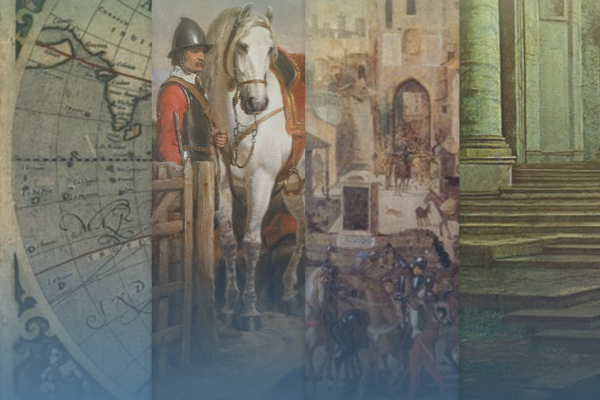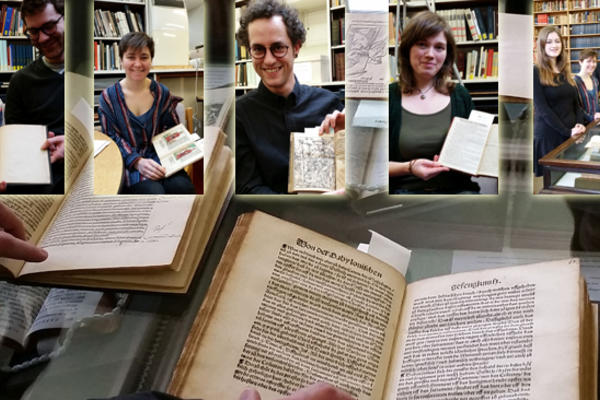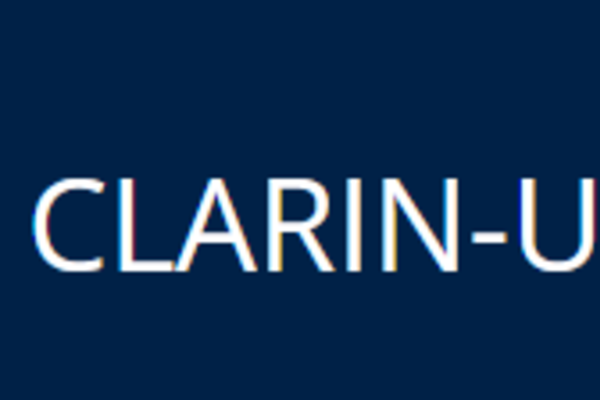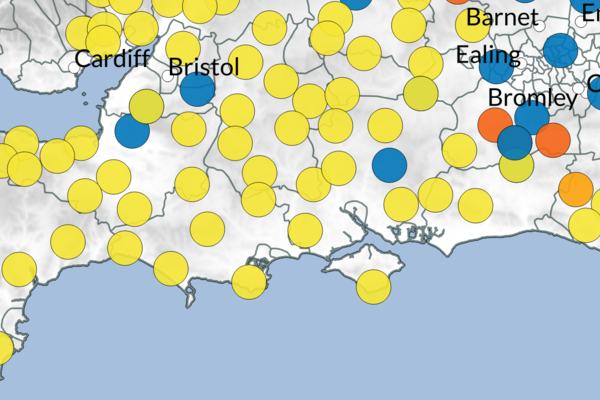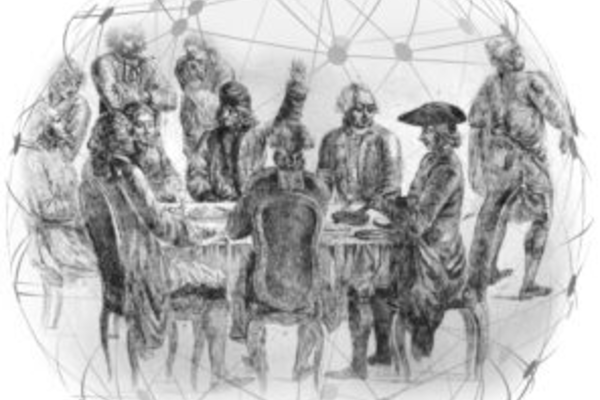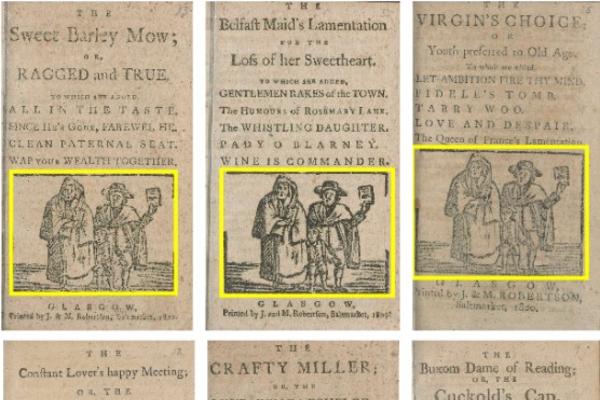MSc Digital Scholarship: Curriculum
The course comprises the following curriculum:
- Elements of Digital Scholarship: a presentation-based overview of key topics (Michaelmas and Hilary Terms) arising in the ‘data life-cycle’ which structures most leading projects in the field.
- Methods of Digital Scholarship: offering students the choice of two Technical Options Papers which provide the hands-on training needed to equip students with specific methods relevant to their project (Michaelmas Term).
- Subject-Specific Paper: providing graduate-level work of a more traditional kind, chosen by the student from a selected list of existing Master's papers in other Faculties (Hilary Term). Please note that the opportunity to follow an option course will be subject to availability and timetabling, which may vary from year to year.
- Practicum placement: offering students immersion in one of Oxford’s vast array of flagship Digital Humanities projects and/or the Bodleian’s technical departments in preparation for their dissertation project (Trinity Term).
- Dissertation: this will be on an agreed topic supported by your dissertation supervisor. To enable us to identify an appropriate supervisor for your research project, we strongly recommend that you outline what topic you intend to research as part of your application.
This core paper provides a systematic overview of every stage of a digital project and its data life-cycle. Each topic is illustrated by ongoing work in one or more of Oxford’s flagship digital scholarship projects, the key problems they have encountered and the solutions they have developed. As such, the series also serves to introduce students to the Division’s major projects in the field, with a view to choosing the Practicum Placement and the dissertation topic.
The paper is taught for 8 weeks in each of Michaelmas and Hilary terms (16 weeks total). It is delivered via a two-hour session per week comprising a lecture from a guest speaker and a seminar discussion of assigned readings led by the MSc course director, thereby ensuring continuity across topics.
The paper is assessed by 2 x 2000 word essays, one due by the start of Hilary Term and the other due by the start of Trinity Term.
Each student chooses two technical papers from the list of possible options below, each to be taught for 4 weeks in Michaelmas Term. Each paper will normally be assessed at its conclusion by a practical test or a 2,000 words essay
The following is a list of papers that have been taught since 2022; please note that not all will be available every year.
- IIIF
- Text Encoding for Digital Editions (TEI)
- Mapping People and Place
- Text Analysis
- Data Visualization
- AI and Machine Learning
In addition, students can undertake the following training, subject to availability and timetabling:
- Introduction to Python
- Introduction to R
To enable students to explore other courses offered by the Humanities Division, in Hilary Term each student will take a Subject-Specific paper delivered by one of the faculties in the Humanities Division.
The paper will be assessed according to the host department's regulations.
Each student spends a minimum of 20 days of Trinity term as a research assistant on one of Oxford’s flagship digital projects. The placement will be assessed by submission of a digital asset and 1,000-word report due by the end of this term. The placements will be selected from the following projects and they will change from year to year.
Taylor Editions
Enriching Exhibition Scholarship
Clarin Digital Research Infrastructure and Archive
Tweetolectology
Digital Voltaire
Chapbooks Printed in Scotland
Cultures of Knowledge
Each student writes a 10,000-12,000 word dissertation on a topic approved by their supervisor, due by the first Thursday in August. In some cases it may be appropriate for the wordcount to be reduced if a practical component is included.
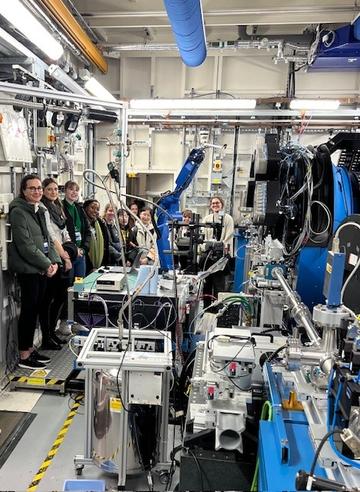
Students visit Diamond Light Source

